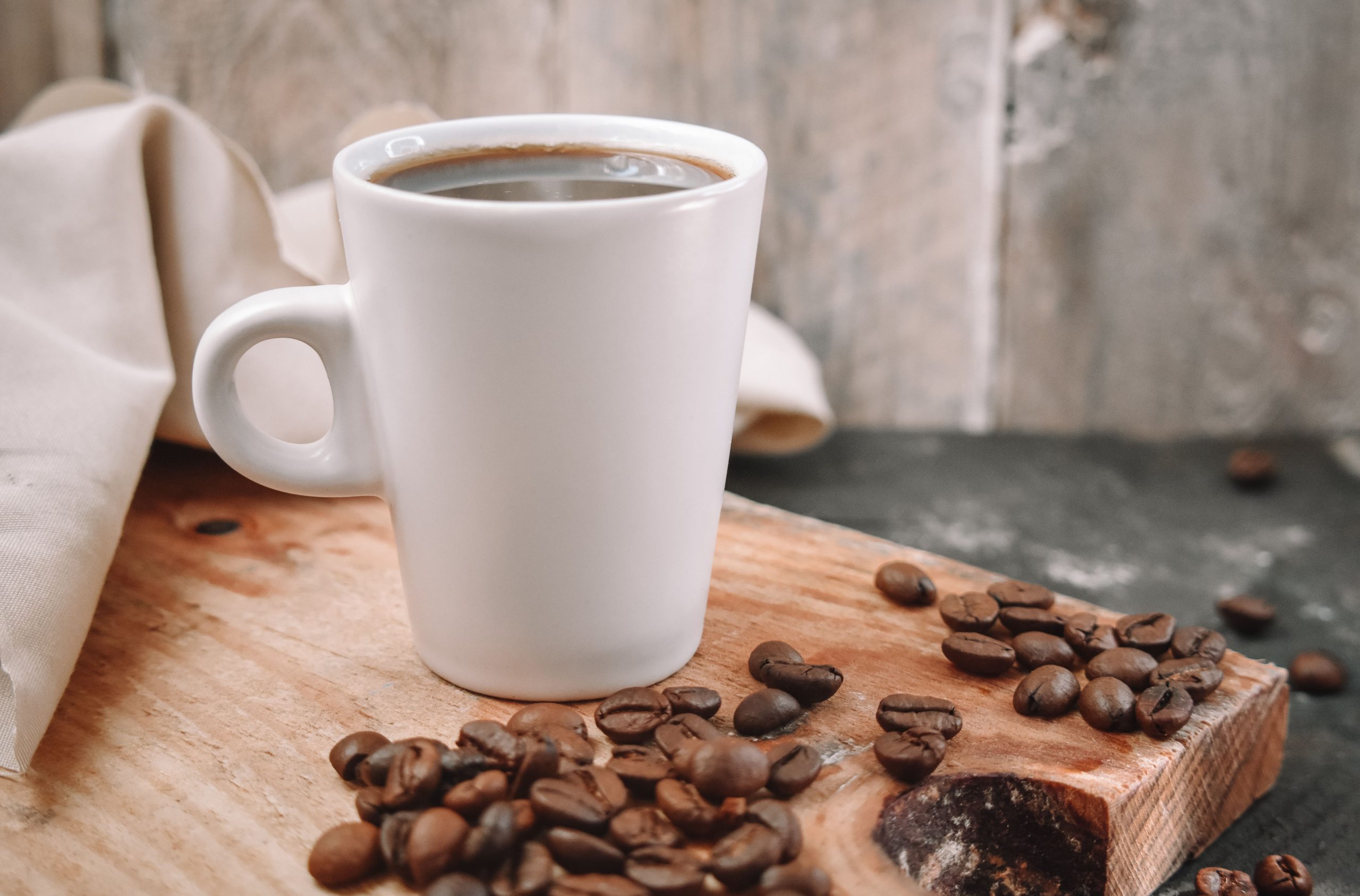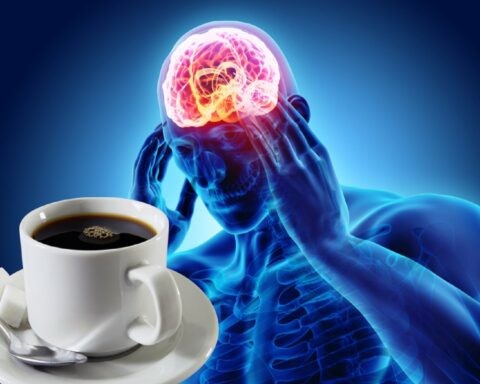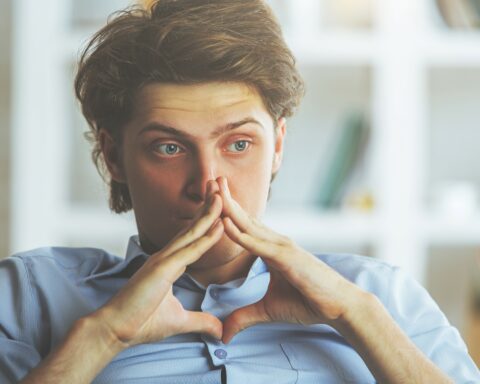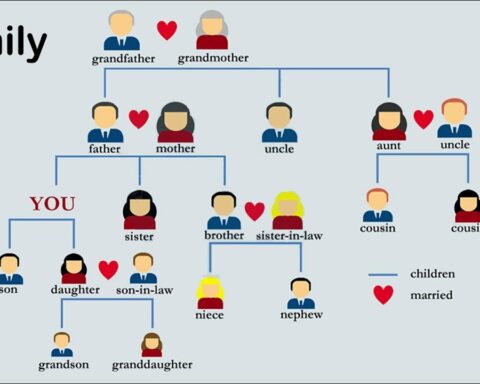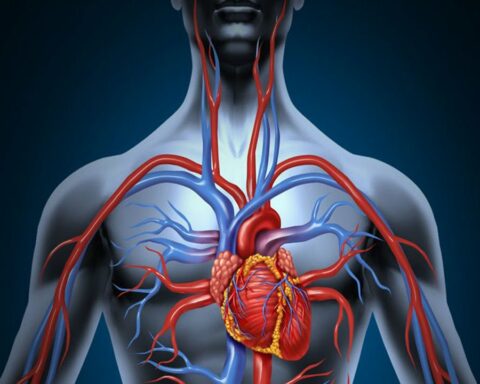Caffeine is a common compound found in drinks like teas, energy drinks, sodas, and your favorite hot drink, coffee. Coffee is a big source of caffeine, and you canconsume so much of this stimulant with only a cup.
Coffee is often used to boost concentration, especially when you need to remain focused for longer hours than usual. Whether in the morning hours or night hours, a cup of hot coffee will energize you and reduce your fatigue. However, you may experience unpleasant results if you drink it irresponsibly. So, how much caffeine is found in coffee?
How caffeine works
Caffeine is a powerful stimulant that can decrease tiredness, promote alertness, and boost energy. If not used appropriately, it may also lead to sleeping difficulties, headaches, high blood pressure, and dehydration. It’s a white and bitter substance found naturally in plants like coffee beans, cacao pods, and tea leaves. According to FDA, it’s an additive and a drug.
What determines caffeine concentration?
Levels of roasting-types that have been lightly roasted contain more caffeine than the deeply roasted versions.
Type of coffee beans-Different coffee beans differ in the amount of caffeine they contain.
How it’s prepared-caffeine content will depend on whether it’s a brewed, espresso, decaf, or instant coffee.
Serving size-it depends on how many cups of coffee you’ll take, and the size of the cup
How much caffeine is in coffee?
The caffeine content in coffee per cup is determined by the brand, the kind of leaves or beans used, the preparation method, and the rate of steeps. It can be as high as 200 mg per cup or as little as 2mg. Types of coffee and their caffeine content include;
Espresso
Espresso involves using a small amount of hot water to ground coffee beans. Coffee made through this method has more caffeine than others in terms of volume. However, it usually has small servings making it contain less stimulant per serving. One shot of espresso has 63mg of caffeine.
Instant coffee
This type of coffee is a brewed coffee that is dried either through freezing or spraying. It’s large, dry, and can dissolve in water. Preparing your coffee through this method only requires you to add two tablespoons of coffee in hot water and enjoy your drink. One cup can contain between 30-90 mg of caffeine, depending on the amount of coffee you’ll mix.
Brewed coffee
This preparation is the most common.It’s mostly identified as regular coffee, and it involves pouring hot water on ground coffee beans. One cup of regular coffee can contain up to 140mg of caffeine.
Decaf coffee
Don’t let the name mislead you. It’s not completely caffeine-free, it only contains a low amount of it, and a cup may contain about 7mg. Some versions may contain more amounts depending on the cup size, method of decaf, and the type of coffee.
What happens when caffeine reaches your body?
If you’ve observed, with only a few sips of coffee, you get highly energized, or sometimes you get sleep difficulties by having it. And so you may wonder, what’s making caffeine have these effects on the body?Here is the thing; once you take a cup of coffee, it gets into the bloodstream and stimulates your central nervous system. Your brain, nerves, and spinal cord become stimulated, making you alert and with high energy. It enhances dopamine in your brain. Dopamine is a brain chemical that controls motivation, movement, and emotions. If you take too much of it, it’ll lead to the release of stomach acid, which explains digestion issues and heartburn after heavy drinking of coffee.
How much caffeine is more than normal?
Some people are addicted to coffee. This addiction makes them drink more than healthy amounts. Most individuals have an averageof 200mg of caffeine in a day. For many, they can drink as much as 400mg without experiencing any undesirable effects. However, caffeine has different reactions in people. It depends on the size, gender, and sensitivity. If you’re highly sensitive, you’ll easily get affected even by drinking moderate amounts. You may also have anxiousness, restlessness, and a rapid heartbeat. To be safe and free from bad effects, experts recommend not going beyond 600 mg in a day and drink less than that if possible.
How do you know you’ve drunk too much caffeine?
One thing about caffeine is that your body will always complain when you have more than enough. You’ll have headaches and dizziness, feel shaky, insomnia, abnormal heartbeat, increased blood pressure, and dehydration.
Is caffeine safe for everyone?
While coffee is helpful for many, some individualsmay have to stay away from it because of how the caffeine reacts with them. Not everyone is safe to drink it. You may have to avoid caffeine if;
- You have sleeping disorders
- Have ulcers
- You’re pregnant
- You’re a breastfeeding woman
- You havemigraines or chronic head pains
- You have high blood pressure
- You are using medications that may badly interact with caffeine, e.g., asthma pills, antibiotics, or heart medicines
- You’re a child
- You have anxiety
- Your heartbeat is not regular
For how long will caffeine remain in your body?
If you overconsume caffeine, you may be interested to know how long it’ll take for the stimulant to fade from your body. It only takes 15 minutes to start experiencingthe effects of caffeine, and it’ll stay in your system for some hours. How long it’ll last depends on your body.Half of it is gone within 6 hours after consumption, and the rest remains in your body. But after about 10 hours, caffeine will be completely cleared from your bloodstream.
How can you reduce your caffeine intake?
If you’re highly dependent on caffeine, it may be difficult to cut it off. But it’s achievable if youdo it slowly. Avoid making sudden cutbacks because doing so will give you withdrawal symptoms like headaches, poor concentration, tiredness, muscle pain, irritability, and nausea. Caffeine withdrawal is not harmful, but it’s not an experience you’ll enjoy. Reduce the amount you take gradually until you reach a healthy level.
Conclusion
Coffee is a great option for an adult needing to boost alertness. Even so, it can cause more damage than you think if you’re not responsible with it. Avoid consuming too much caffeine, or you could become addicted to it. You wouldn’t want to be a caffeine addict; you won’t love the results. Otherwise, you can enjoy your coffee as long as you take it in proper amounts. The article must have made you start thinking about coffee. Go enjoy a cup right now.
Credits
We would like to thank the below contributors who have helped us to write this article:
- How HØJ Became the New High - June 10, 2023
- “Sahyog-Care for You”: Empowering Communities and Creating Lasting Change - June 10, 2023
- Sexual Positions to Last Longer – Here Are The Best Positions for Giving Her An Orgasm - April 7, 2023

